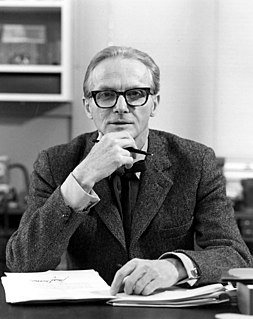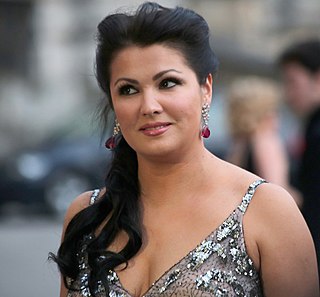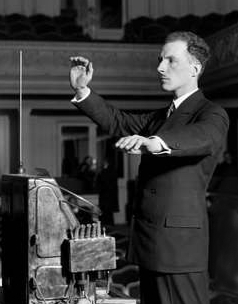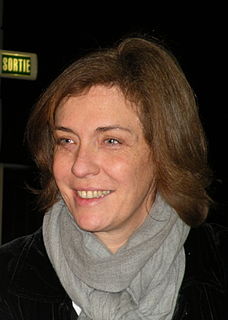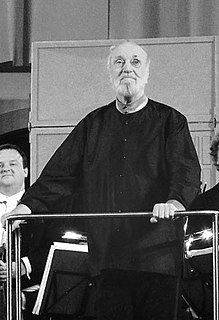A Quote by Jeffrey Tate
What appeals to me about an American music directorship is the involvement of the conductor with the orchestra and the community. I think that's a fantastic thing. In Europe, being principal conductor means merely that you're the person who does most of the concerts. For me, that simply isn't enough.
Related Quotes
Before Liszt, a conductor was someone who just facilitated the performance, who would keep people together or beat the time, indicate the entries. After Liszt, that was no longer the case; a conductor was someone who shaped the music in an intense musical way, who played the orchestra as an instrument.
There are two types of conductors. One is the good conductor who can do passionate music but also listen to the singers and do the orchestra. And then there are great conductors, who have their own opinion on the music, who are ruling everything - and not listening much to the singers, but the orchestra play amazingly.


